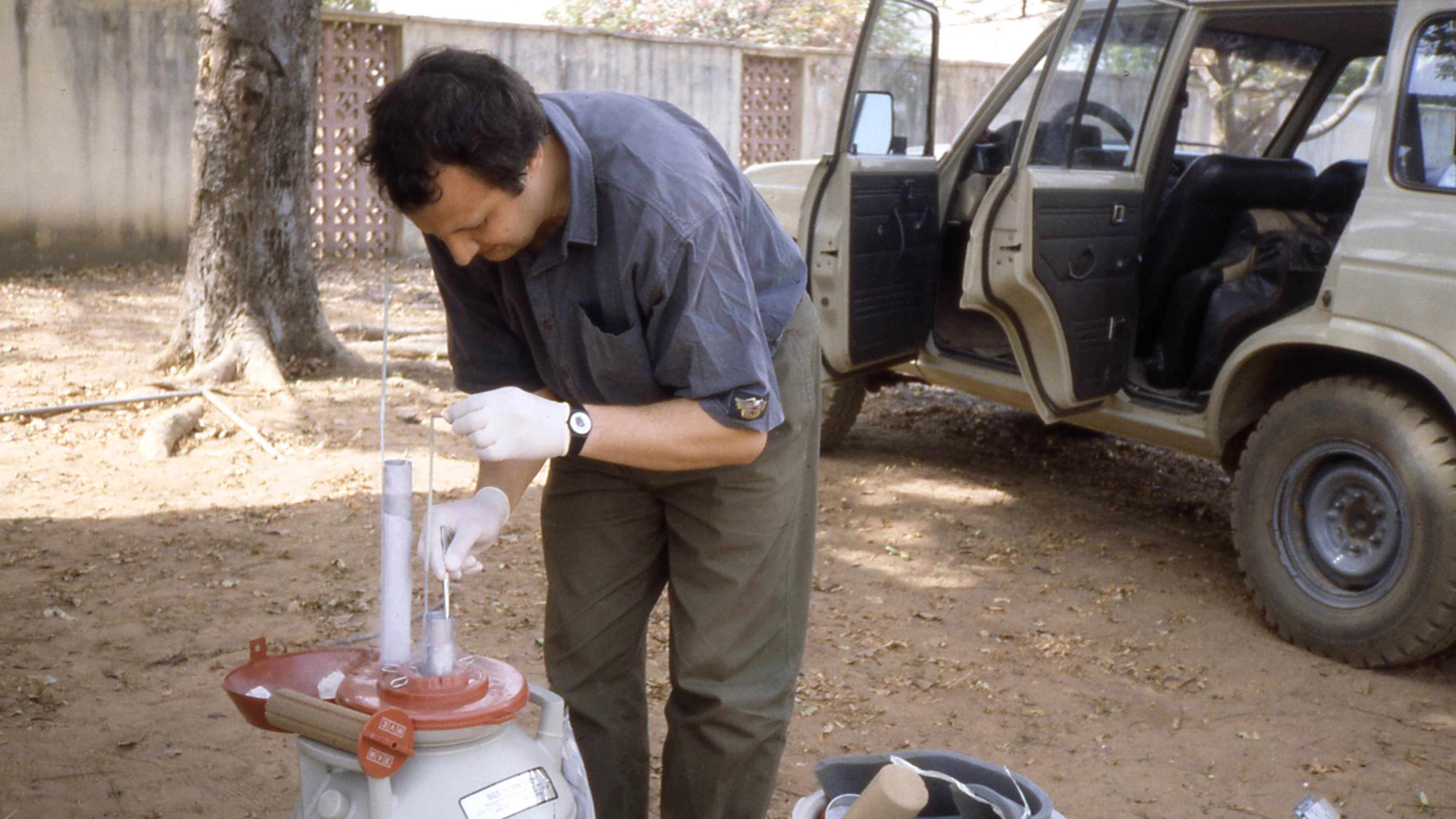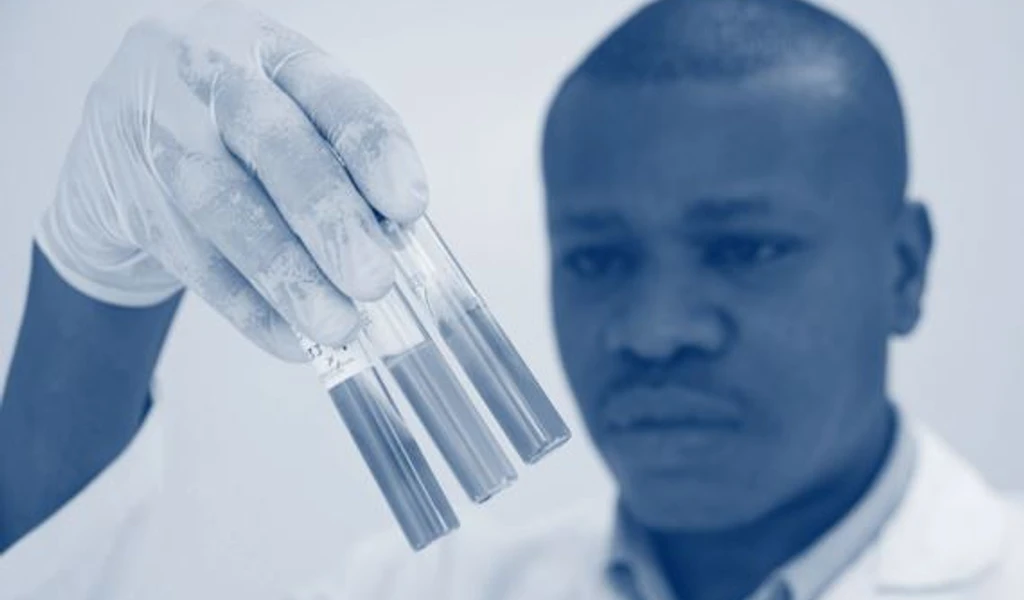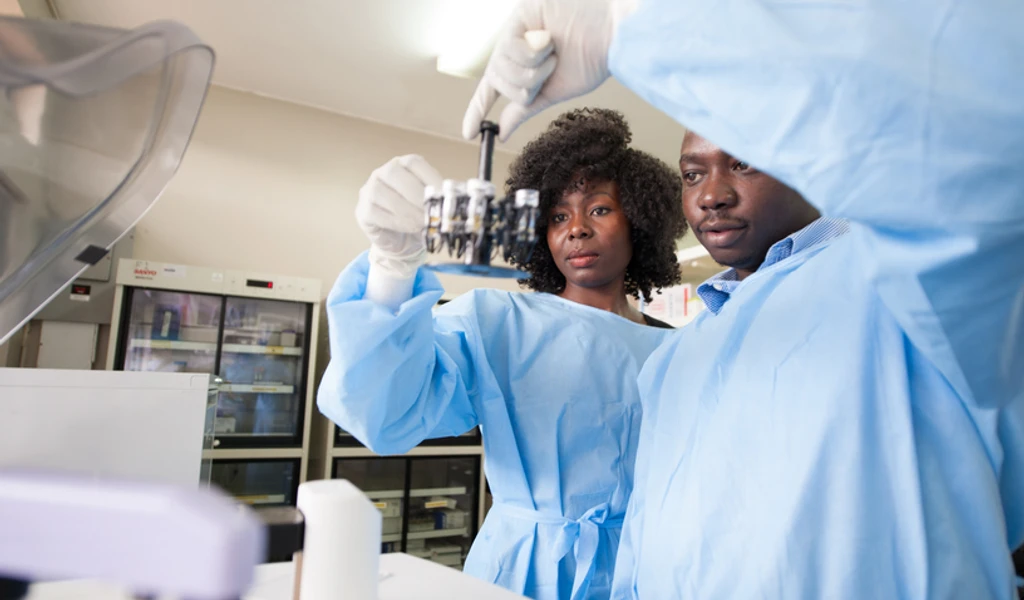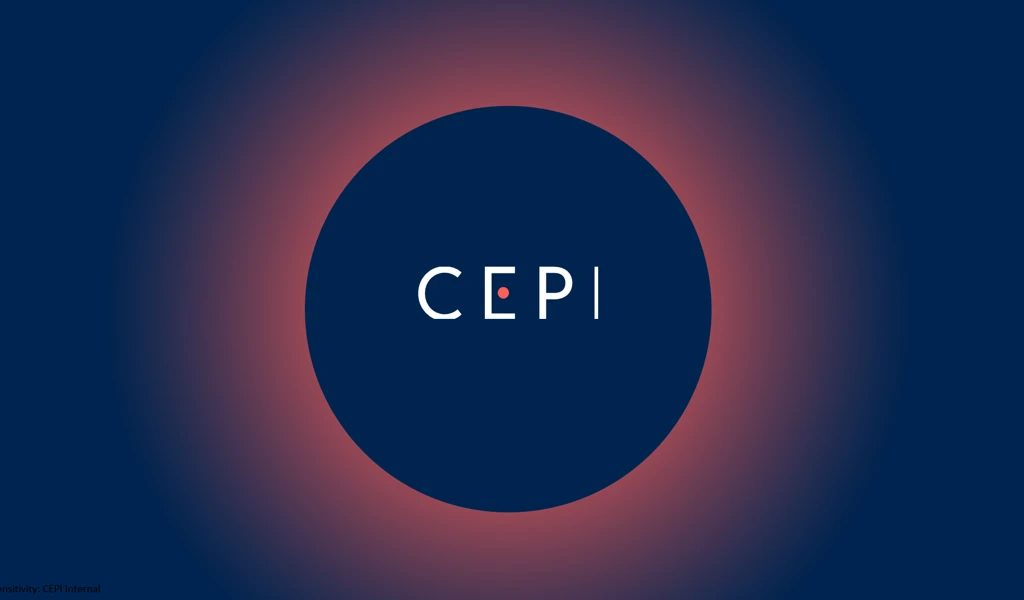CEPI backs expansion of FIND's Lassa fever response programme to support pandemic preparedness in Nigeria
Geneva, Switzerland & Oslo, Norway — The Foundation for Innovative New Diagnostics (FIND) and Coalition for Epidemic Preparedness Innovations (CEPI) announced today that CEPI will support the expansion of FIND's ongoing Lassa fever response programme, including evaluation of diagnostic tests, validated diagnostics within clinical trial site development, and sample collection and archiving. These activities will build diagnostic capacity that is crucial for improved patient care and for the development and targeted deployment of vaccines and medicines.
Lassa fever is endemic in Benin, Ghana, Guinea, Liberia, Mali, Sierra Leone, and Nigeria, but probably exists in other West African countries as well; annual outbreaks in several of these countries are usual. Data from the Nigeria CDC indicate that around 3,500 suspected cases were reported in 2018; with 633 of those confirmed positive and 171 of being fatal (27% case fatality rate).[1] Despite the predictability of these outbreaks, few regulatory-approved diagnostics are available, and no vaccines or medicines are available to test or treat patients. Hospital laboratories in Nigeria and in the other affected countries have limited capacity to implement complex, research-grade diagnostics to offer testing on a routine basis.
The Lassa fever response programme is designed to address diagnostic gaps and strengthen Nigeria's ability to respond to future Lassa fever outbreaks. Funded by the German government and now CEPI, FIND is working in partnership with the Bernhard Nocht Institute for Tropical Medicine (BNITM), the Nigeria Centre for Disease Control (NCDC), and the World Health Organization (WHO). The CEPI-supported expansion of the programme will cover:
Evaluation of serological assays for laboratory-based diagnosis and for assessment of disease prevalence (immunoglobulin G, immunoglobulin M, enzyme-linked immunosorbent assays)
Clinical trial site development: establishment of one fully accredited clinical trial and 2—3 sites in Nigeria with minimal levels of Good Clinical Laboratory Practice compliance for reliable diagnosis of Lassa fever cases, supporting future trials of vaccines.
Expanded sample collection and archiving: accelerating the research and development and regulatory approvals for new diagnostics and vaccines through the establishment of a sample archive.
"The role of diagnostics in the development of vaccines is crucial, and we see the need for a robust increase in funding to enable access to validated tests for affected populations”
"Such tests are needed to guide treatment, enable reliable estimates of disease burden, and as tools for verifying cases in field trials to test vaccine efficacy. FIND and WHO's concerted efforts on Lassa diagnostics are pivotal to the development of an effective Lassa vaccine.”
"While diagnostics are essential for tracking disease patterns and identifying outbreaks, diagnostic intelligence is also critical to the development of new drugs and vaccines, as well as pinpointing where and when these should be used”
"We welcome this collaboration with CEPI to strengthen diagnostic capacity in Nigeria that will improve the overall Lassa fever response and minimize – hopefully even prevent – the terrible impact to communities of these regular disease outbreaks.”
Workstreams in this project expansion are expected to take place over 2 years, with the majority of the product development work being completed in 2019. The overall FIND Lassa fever response programme will run until 2020.
CEPI funding for this project complements support from the German government (Federal Ministry for Education and Research [BMBF] and KfW) for the Lassa fever response programme in three countries, including Nigeria.
About FIND
FIND is a global non-profit organization that drives innovation in the development and delivery of diagnostics to combat major diseases affecting the world's poorest populations. Our work bridges R&D to access, overcoming scientific barriers to technology development; generating evidence for regulators and policy-makers; addressing market failures; and enabling accelerated uptake and access to diagnostics in low- and middle-income countries (LMICs). Since 2003, we have been instrumental in the delivery of 21 new diagnostic tools used in 150 LMICs. Over 38 million FIND-supported products have been provided to our target markets since the start of 2015. A WHO Collaborating Centre, we work with more than 200 academic, industry, governmental, and civil society partners worldwide, on over 70 active projects that cross six priority disease areas. FIND is committed to a future in which diagnostics underpin treatment decisions and provide the foundation for disease surveillance, control, and prevention. For more information, please visit www.finddx.org
About CEPI
CEPI is an innovative partnership between public, private, philanthropic, and civil organisations launched in Davos in 2017 to develop vaccines to stop future epidemics. CEPI has received multi-year funding from Norway, Germany, Japan, Canada, the Bill & Melinda Gates Foundation, and Wellcome. CEPI has also received single-year investments from the governments of Australia and Belgium. The European Commission foresees substantial financial contributions to support relevant projects through EC mechanisms. CEPI has reached over USD$740 million of its $1 billion funding target. Since its launch in January 2017, CEPI has announced three calls for proposals. The first call was for candidate vaccines against Lassa virus, Middle East Respiratory Syndrome coronavirus (MERS-CoV), and Nipah virus—to date, CEPI has invested over $270 million to develop five vaccine candidates against Lassa virus, four against MERS-CoV, and two against Nipah virus. The second call was for the development of platforms that can be used for rapid vaccine development against unknown pathogens. The third call is for candidate vaccines against Rift Valley fever and Chikungunya viruses. Learn more at CEPI.net. Follow us at @CEPIvaccines.
Media contacts
FIND: Sarah-Jane Loveday, Head of Communications
T: +41 (0) 22 710 27 88 | M: +41 (0) 79 431 62 44 | [email protected]
CEPI: Jodie Rogers, Communications Officer
T: +44(0) 7917 030 828 | [email protected]
CEPI: Mario Christodoulou, Communications and Advocacy Manager
T: +44 (0) 7979 300 222 | [email protected]
Image credit: Mike Blyth



